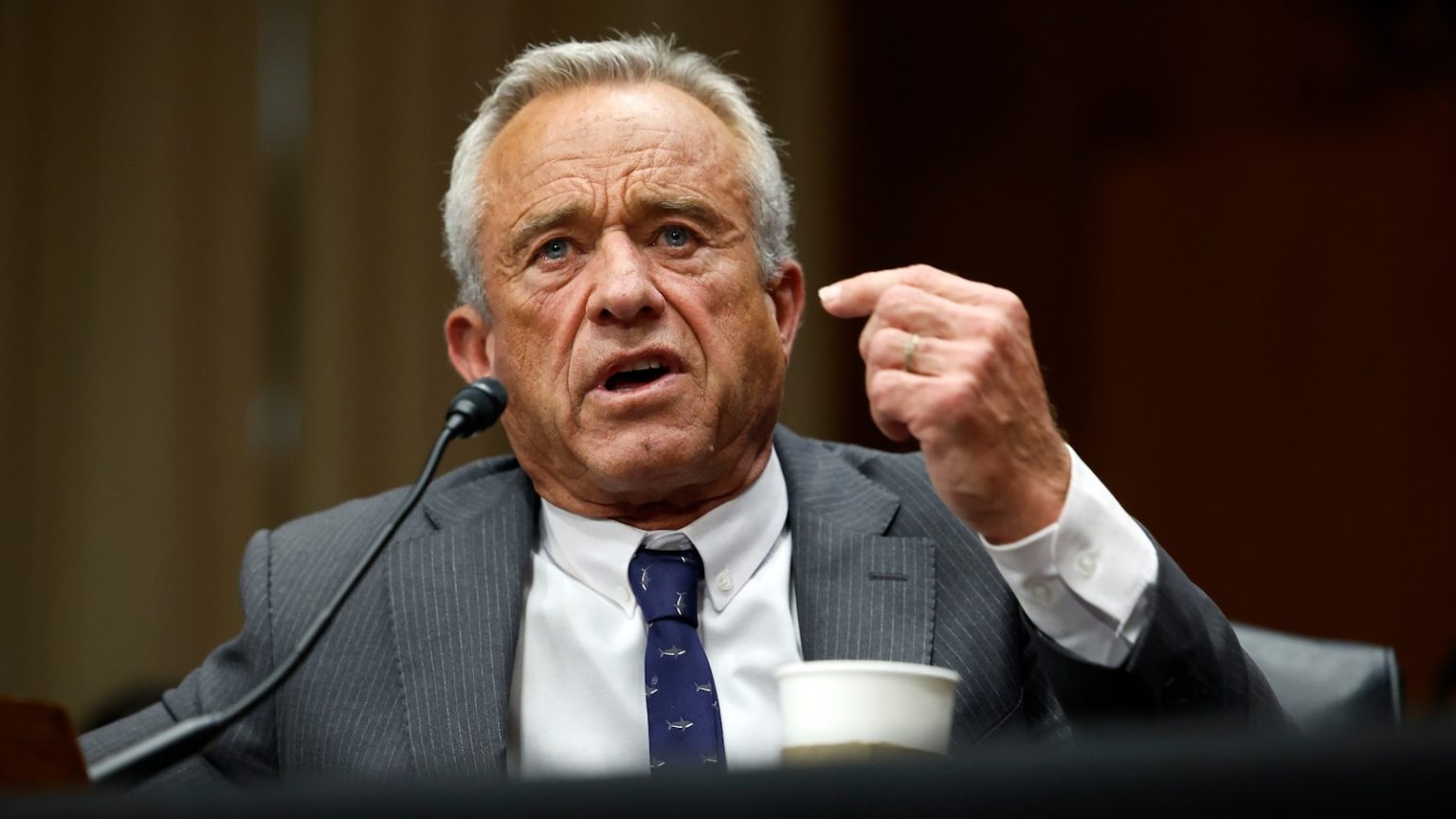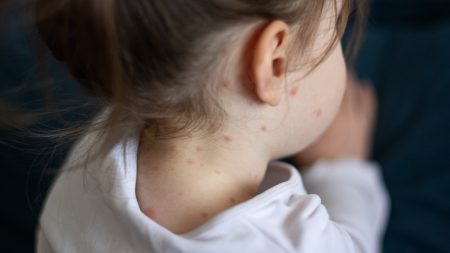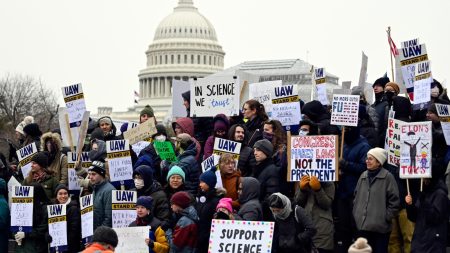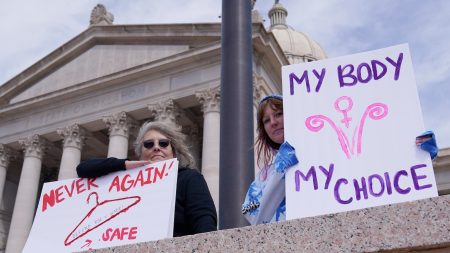The Controversy Surrounding Autism and Vaccines: A Closer Look
Recent confirmation hearings for Robert F. Kennedy Jr., President Trump’s nominee for Secretary of Health and Human Services (HHS), have reignited a long-standing debate about autism, its causes, and the role of vaccines. During these hearings, Kennedy, a well-known environmental lawyer and vaccine skeptic, repeated unfounded claims linking vaccines to autism, despite overwhelming scientific evidence to the contrary. His statements, amplified by President Trump on Truth Social, highlight the persistent misconceptions surrounding autism and the challenges of addressing them in the public sphere.
Kennedy’s assertions, such as his claim that autism rates have skyrocketed from "1 in 10,000" to "1 in 34" among children, have been met with both criticism and cautious support from experts. While some acknowledge that Kennedy’s focus on autism raises much-needed awareness about the condition, others emphasize the importance of providing accurate context and avoiding harmful misinformation. The Centers for Disease Control and Prevention (CDC) reports that autism rates have indeed increased over the past few decades, but the reasons for this rise are far more nuanced than Kennedy suggests.
Understanding Autism: A Spectrum of Differences
Autism Spectrum Disorder (ASD) is a developmental disability rooted in brain differences, characterized by challenges in communication, social interaction, and behavior. People with ASD may exhibit repetitive behaviors, sensory sensitivities, or intense focus on specific interests. Importantly, autism is a spectrum, meaning its effects vary widely among individuals. Some may need minimal support in daily life, while others require significant assistance.
Historically, autism was poorly understood and often conflated with other conditions like schizophrenia. It wasn’t until the 1940s that doctors like Leo Kanner and Hans Asperger began describing traits now associated with ASD. Kanner’s 1943 paper highlighted children with severe social communication difficulties, while Asperger’s 1944 report focused on boys with social challenges but strong verbal skills. Over time, the understanding of autism has evolved, and it is now recognized as a distinct developmental disorder.
The Rising Rates of Autism: Why the Increase?
Experts point to several factors contributing to the rise in autism diagnoses. One key reason is improved awareness and diagnostic tools. In the past, autism was often misdiagnosed or underdiagnosed, with many individuals being labeled as having other conditions, such as intellectual disabilities or language delays. Today, pediatricians are encouraged to screen for autism signs at regular check-ups, and diagnostic criteria have been refined to better identify the condition.
Another factor is the broadening definition of autism. The Diagnostic and Statistical Manual of Mental Disorders (DSM-5) now includes a wider range of symptoms and severity levels, allowing more individuals to receive accurate diagnoses. Additionally, demographic changes, such as older parental age at childbirth, may play a role. Studies suggest that advanced maternal and paternal ages could slightly increase the likelihood of having a child with ASD, though the exact mechanisms are still debated.
Debunking the Vaccine-Autism Myth
One of the most persistent myths about autism is the claim that vaccines, particularly the measles, mumps, and rubella (MMR) vaccine, cause the condition. This myth originated from a fraudulent 1998 study by Andrew Wakefield, which has since been discredited and retracted. Dozens of high-quality studies have found no link between vaccines and autism, yet the myth endures, fueled by figures like Kennedy.
During his confirmation hearings, Kennedy described himself as "pro-safety" rather than anti-vaccine but repeatedly declined to affirm that vaccines do not cause autism. Experts warn that such rhetoric is dangerous, as it undermines public trust in vaccines and diverts attention from critical research into autism’s true causes. Misinformation about vaccines not only stifles progress in understanding and supporting autism but also perpetuates stigma against autistic individuals.
The Importance of Awareness and Support
Despite the controversies, Kennedy’s emphasis on autism has sparked a broader conversation about the condition. Experts agree that heightened awareness is crucial, especially as autism rates continue to rise. Increased recognition and understanding can lead to better funding, infrastructure, and support services for individuals with ASD and their families.
However, this awareness must be balanced with accurate information and a commitment to addressing the root causes of autism. While genetics are believed to play a significant role, research continues to explore how environmental factors, such as prenatal exposure to pollutants or maternal health conditions, may contribute. By focusing on science-driven solutions and fostering empathy for autistic individuals, society can work toward a future where everyone on the spectrum receives the support they need to thrive.
Moving Forward: Science, Support, and Understanding
The debate surrounding autism and vaccines is a reminder of the challenges of communicating scientific truth in a polarized world. While figures like Kennedy may draw attention to autism, it is up to researchers, healthcare providers, and advocates to ensure that this attention is constructive. By promoting evidence-based understanding and rejecting harmful myths, we can build a more inclusive and supportive environment for autistic individuals and their families.















